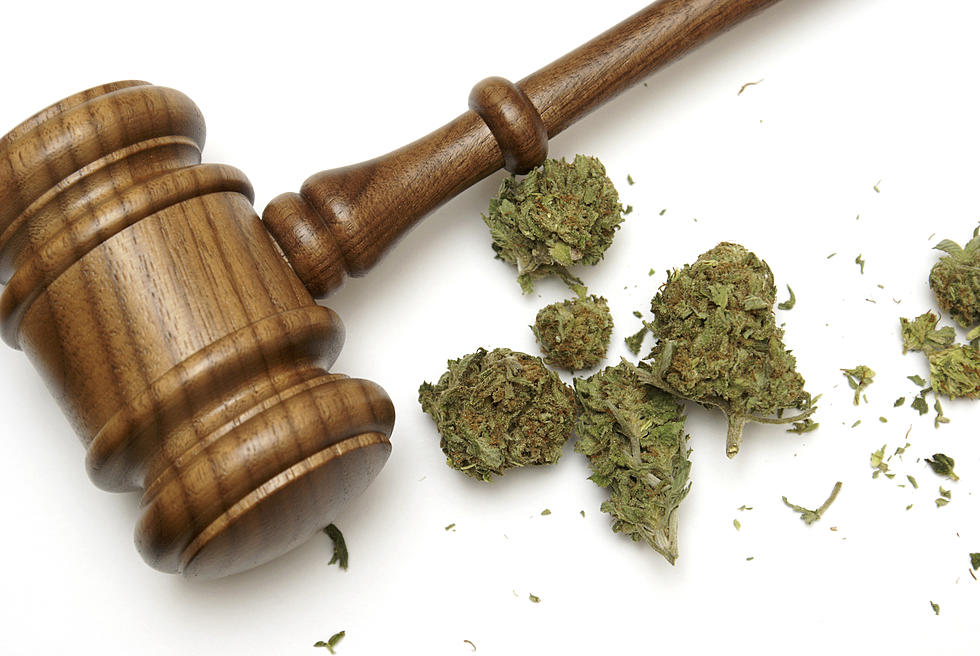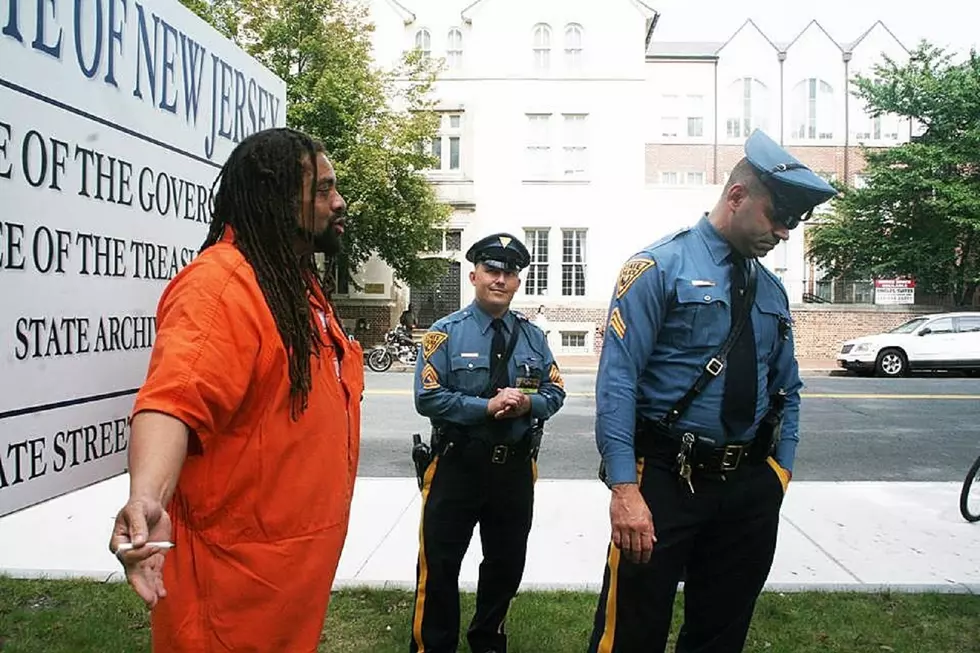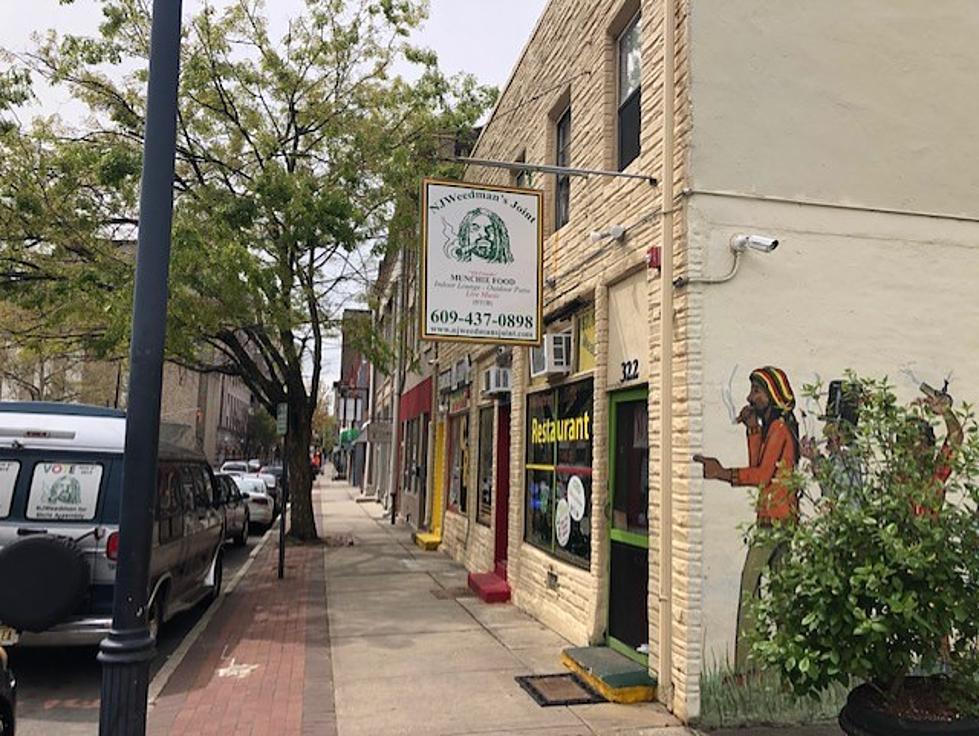![Do You Favor Full Legalization vs. Decriminalization of Small Amounts of Pot? [POLL]](http://townsquare.media/site/385/files/2014/04/pot-300x200.jpg?w=980&q=75)
Do You Favor Full Legalization vs. Decriminalization of Small Amounts of Pot? [POLL]
The debate rages on over whether or not to decriminalize the possession of small amounts of marijuana vs. an out and out legalization of the sale and use of recreational pot - along the lines of what is allowed in Colorado.
Either way, we seem to be heading toward the day when lighting up a “j” in public will not get you a visit to the police station.
I say “heading” because as long as our current Governor is in power, all of this is still a pipe dream. (Like how I went there?)
Along those lines, it will be interesting to see how the planned “smoke in” on the steps of the statehouse this coming Sunday by pot activist NJWeedman will be greeted by law enforcement.
Weedman, 0r Ed Forchion - as is his given name - will hold a march and rally this coming Sunday in support of the bill proposed by state senator Nick Scutari legalizing the sale and use of pot for recreational purposes.
Right now a fair number of New Jerseyans seem to be in favor of decriminalization – a move many county prosecutors favor – as it lessens their workload and avoids making criminals out folks whose only “vice” may be just wanting to smoke a joint.
According to this report from nj.com:
The question of legalizing the sale and use of pot, which was recently proposed in the Legislature, is more controversial. Voters were split on the question, with 49 percent in favor and 48 percent opposed.
What’s clear, according to the poll, is that New Jerseyans ' attitudes towards pot have softened since the 1970s.“New Jersey voters reflect the national trend toward less severe attitudes about marijuana,” said David Redlawsk, director of the Rutgers-Eagleton Poll. “During the 1970s and into 1981, there was some movement on the issue, but little policy change, so we didn’t poll on it again for 30 years. When we finally asked again about marijuana in 2011, we saw signs of liberalization, a trend that has only accelerated since then.”
The poll showed Democrats and independents supported softer pot penalties more often than Republicans, even though 40 years ago members of both political parties showed little difference on the issue.
The poll also shows that generational gaps on the issue have narrowed. In the 1970s, younger adults favored loosening penalties for possession in much larger numbers than their older counterparts. Now, there’s virtually no difference.
Younger people are still more likely to support full legalization than older people, but the gap has narrowed by half.
Young people and baby boomers – those age 50 to 64 – were more likely to support full legalization than those 65 and older and those between the ages of 35 and 49.
“It is pretty clear that the changes we are seeing on marijuana attitudes are less about changing minds than about changing times,” said Redlawsk. “As younger cohorts became adults, they have simply had more liberal attitudes than the older voters they replaced.”
On the question of whether potential tax revenue is a good reason to support legalization, 54 percent of voters agreed, while 46 percent disagreed.
My only concern with the infusion of cash from the sale of legalized pot would be the tendency our legislature has to “piss” the money away on pet projects.
Is that a good enough reason not to legalize? Perhaps not, but I’d prefer taking baby steps in this regard and vote to decriminalize those in possession of small amounts of pot.
More From New Jersey 101.5 FM









